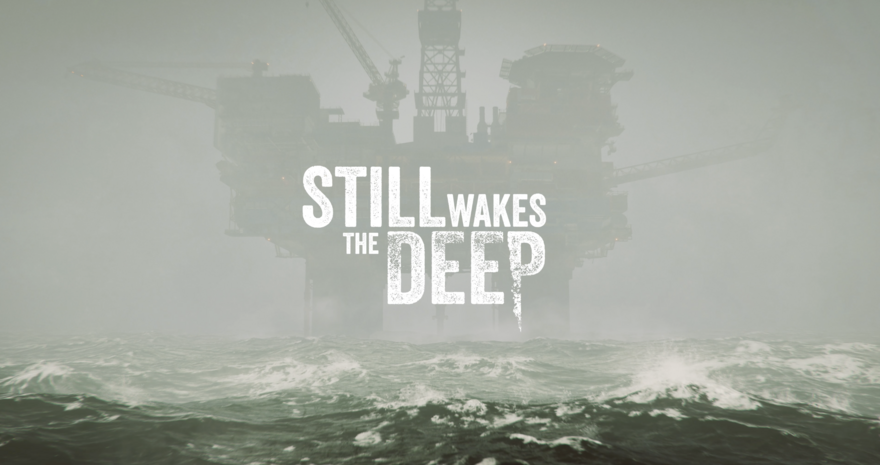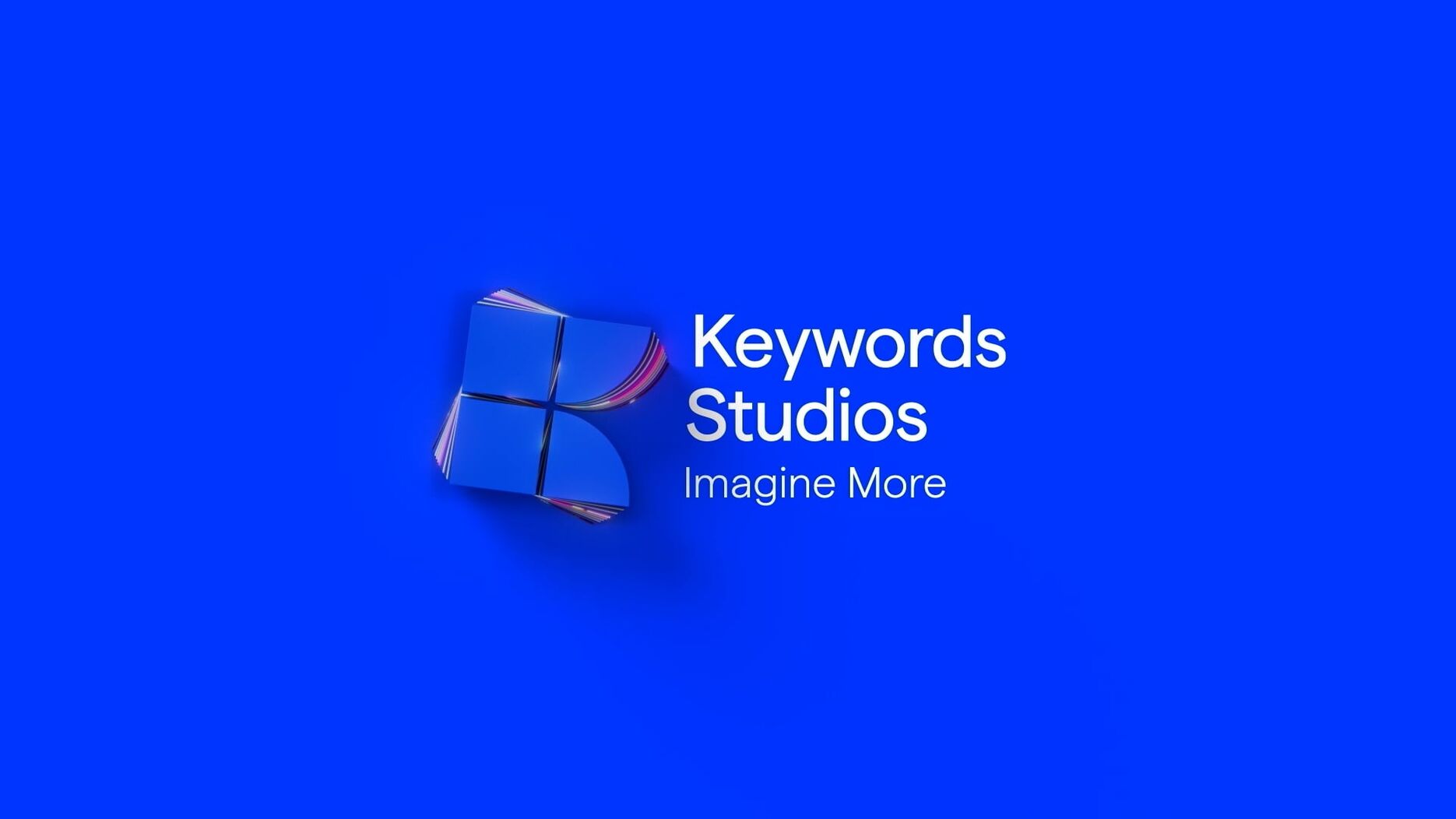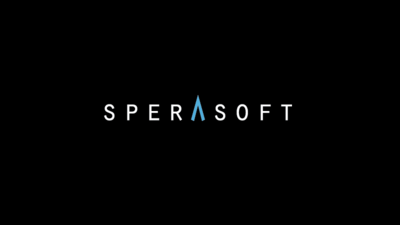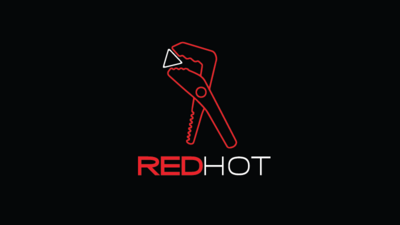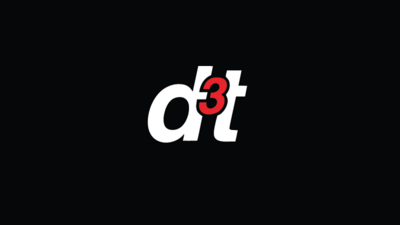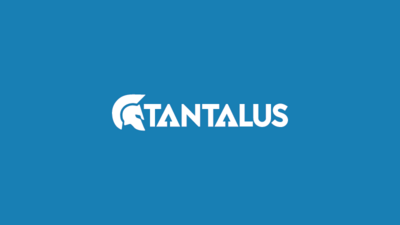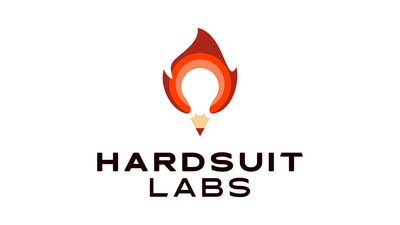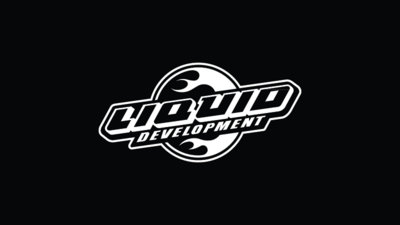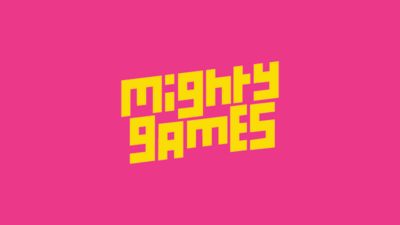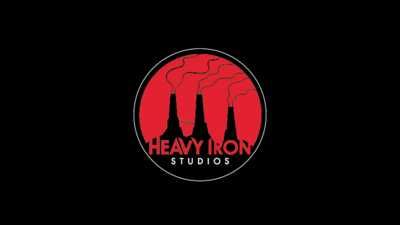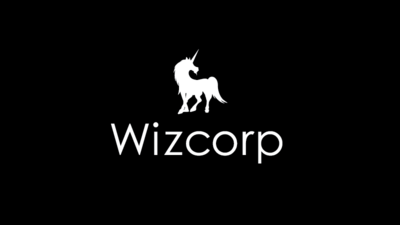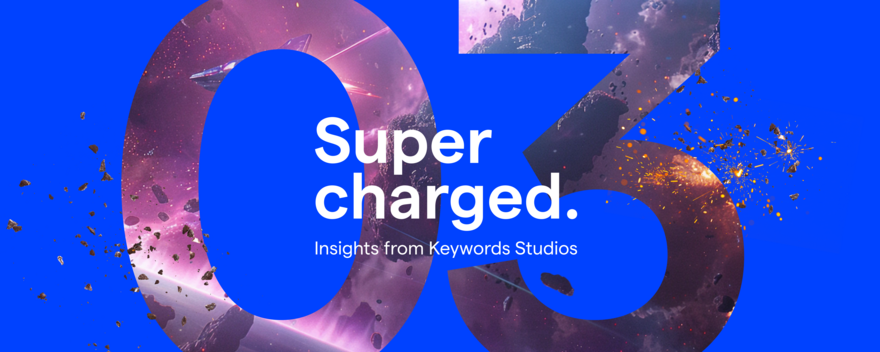
03: Driving Co-Dev
Supercharged: Insights from Keywords Studios
Welcome back to Supercharged: Insights from Keywords Studios, our quarterly newsletter.
In a rapidly evolving industry, the need for sharper insight and a broader lens has never been more critical. Supercharged is your inside scoop, drawing from our global vantage point across the full game content lifecycle to explore what’s next and what matters most.
Each edition brings together trends, ideas, and strategies that cut across disciplines and markets. This isn’t just observation; it’s actionable intelligence from the front lines of video games and media and entertainment.
This quarter’s edition explores co-development, wrapping up with a deep dive into the current state of the industry with Ashley Liu, Managing Director of our Create Division at Keywords Studios.
From Outsourcing to Alliance: Is Co-Development Redefining Video Game Production?
Before diving into Ashley Liu’s perspective on the state of co-development, this article outlines the wider industry context and the forces reshaping how developers and partners work together.
Few parts of the games industry have evolved as quickly in recent years as the relationship between developers and their external partners. What was once seen primarily as outsourcing, a way to extend capacity at a tactical level, is transforming into something more strategic, more collaborative, and more deeply embedded in the way games are made.
This transformation is unfolding against a backdrop of significant industry change: longer production cycles, the shift to live-ops models, rising costs, and the emergence of new technologies like AI and cloud pipelines. Together, these forces are reshaping not only what games are, but also how they get built, with co-development at the centre of that story.
Why the co-dev model is changing
The increasing ambition and complexity of modern games has shifted expectations. Delivering high-quality content at scale now requires new forms of collaboration, with external partners taking on roles that extend far beyond task-based support. Developers are seeking partners who can integrate seamlessly into their workflows, adapt as projects evolve, and share accountability for outcomes.
From transactional to relational
The most striking shift is in mindset. The industry is moving from transactional relationships to relational ones. Instead of short-term contracts focused on discrete outputs, we are seeing longer-term engagements where external teams are embedded across the lifecycle of a project.
That does not just change what gets delivered, it changes how work is done. Greater transparency, alignment, and shared responsibility are fast becoming the hallmarks of successful media and entertainment and video game co-development.
The role of technology
Emerging technologies are accelerating this evolution. Cloud-based pipelines make it possible for distributed teams to collaborate in real time, while AI-assisted tools are beginning to reshape production in both subtle and profound ways. From concept generation to automated testing, these tools promise efficiency gains but also raise new questions around quality, ownership, and creative integrity.
As the tools evolve, co-development partners will increasingly be expected not only to use them effectively, but also to guide developers on when and how to deploy them responsibly.

Flexibility and specialisation
Another defining feature of today’s co-development landscape is the need for flexibility combined with depth. Studios often require rapid scaling of resources at certain points in the production cycle, but they also need highly specialised expertise in areas such as animation systems, multiplayer networking, or accessibility design.
Implications for the future of co-development
So where does this trajectory lead? A few possibilities stand out:
- Embedded partnerships as standard. External teams integrated earlier, perhaps even from concept stages.
- More distributed production. With cloud collaboration now proven, geography will matter less as global talent contributes seamlessly.
- Evolving roles for AI. Co-development partners may become testbeds for experimentation, helping studios separate hype from genuine value.
- Shared accountability. The more collaborative the relationship, the more co-developers will share in both success and failure.
A more collaborative future
Ultimately, the transformation of co-development is part of a broader redefinition of how games are made. As projects grow more ambitious and technologies advance, no single studio can or should do everything alone. Collaboration is shifting from a fallback option to a foundation for the industry’s future.
Looking at the state of co-development in the games industry with Ashley Liu, Managing Director of Keywords Studios’ Create division.
“It’s important to examine what happened in the past 4-5 years and potential implications for the future. During the COVID years, capital investment flowed freely and co-development opportunities were abundant. Our studios and teams often had to turn projects away due to high demand. However, the past 18 months have brought significant changes with industry layoffs, project cancellations, and client studio closures creating a shortage of titles and projects.
Some publishers and developers have become understandably risk-averse, resulting in a focus on established IPs rather than new ideas. This has created a gap where some co-dev studios are struggling to find opportunities, while publishers potentially face future content shortages.
Looking forward, there are some encouraging signs. Green shoots are appearing as projects start returning, driven by the realisation that the industry has experienced significant contraction and future release slates are lighter than previous years. While demand is still sluggish, there’s cautious optimism as publishers recognise the need to rebuild their content pipelines. The industry is likely entering a period of gradual recovery, though still operating with more restraint compared to 2022 and 2023."

In recent years
Demand has grown very strongly over the past decade as games got larger and more complex and developers required additional support. In the last 18 months, the volume of work reversed due to the overall contraction of the industry, but projects are starting to come back as the industry realises there’s been an overcorrection. Players expecting more engaging content will drive some renewed demand. What we are finding is that the balance of the co-development work is changing from coding or feature focused ‘team augmentation’ to fully rounded content teams that can take on a whole section of games or even whole games like we did with the delivery of Lego Horizon Adventures.
Internal or external?
It’s nearly impossible today for a studio to house all the talent and resources required to bring a quality AAA game to market, particularly if looking to achieve “time-to-market”. The development process requires specific skills at certain times, often for very short periods. I believe it’s necessary and beneficial for development studios to identify their core capabilities and strategically partner with external teams who can bring in the right talents at the right time. It makes financial sense to flex into these capabilities when they are needed instead of carrying the cost for the whole duration of a project. The key is knowing what your internal strengths are and recognizing when to bring in external partners who excel in specific skill sets beyond your team’s expertise. This approach ensures games can be completed on time while optimising both quality and cost efficiency.
Disciplines
There aren’t particular emerging trends in terms of specific skill sets being more popular than others. What’s most important across all services we offer is the team’s capabilities. In other words, team capability overrides specific skill sets when partnering with clients. Even from the simplest to the most complex co-development services, clients are looking for teams that have worked together in the services that they have been seeking for a long time and have battle scars to show for it. These experienced teams are the ones in highest demand. I often say clients aren’t looking for services, they are looking for the right teams to provide the right solution.
Projects
We handle all types of work, from specific disciplines such as providing engineering or UI / UX expertise to delivering entire projects from concept through to launch and post launch content. Clients have different project requirements and configurations for how they want to curate their teams. Our breadth and depth allow us to quickly put together the right solution for what they need. In addition, Keywords Studios’ full platform can be brought in for marketing engagement, localization, QA testing, and more. This breadth of services allows us to meet diverse client needs across the entire game development spectrum.
Trust
Ensuring there are no leaks has always been a challenge in game development, especially for projects that take years to complete with hundreds of people working on it at different times. As with any studio, team composition changes throughout the project lifecycle, making leakages an ongoing area to monitor. Keywords Studios has a strong advantage in this area due to our size and infrastructure. We can leverage experienced global IT and InfoSec departments to protect our client’s IP and data. They oversee hundreds of projects, thousands of configurations, and have successfully dealt with a vast number of incidents; hence allowing us to bring a level of protection surpassing many of our competitors.

The future of co-development
I do believe there are many opportunities for co-development, though they may not look like what we’ve seen in the past. Specifically, as our clients restructure their businesses, there are now more opportunities for partners to fill resource gaps. There are also opportunities with clients that perhaps would like us to take over their older titles, especially as their best teams move on to new projects.
We are seeing interesting opportunities as many now feel it’s better to be working alongside a partner rather than on their own. I also believe innovation in production, game play, user engagement, and other areas can bring in new opportunities. If we continue to innovate, stay curious, and stay ahead of the pack, there will always be opportunities for us.
I’m optimistic about the outlook for co-development. Despite the industry layoffs and project cancellations, this industry will grow. We’ll work with partners to release more creative content and better experiences, leveraging new technology to create games and mechanics that have never been seen before. We’ll reach new artistic heights that truly engage players. Several factors drive my optimism: technical innovations, distribution innovations, and continually rising player expectations. We need to enhance content management and production processes to help clients develop games more efficiently, more cost-effectively, and of even higher quality. We can’t just be asset creators - we need to understand IPs and the games we’re partnering on in ways we never have before, allowing us to be the go-to partner to our clients.
The Importance of the Personal Relationship in Co-Development
Insights from Hal Sandbach, Head of Design at d3t
Great games aren’t just built on code and creativity. They’re built on people.
When development is shared between studios, publishers, and outsourcing partners, one factor often decides success or failure: the quality of the relationships between teams.
Before I moved to d3t in 2015, I had worked for a number of “standard” developers. In-house teams who worked together and knew each other. From big, first-party studios to smaller independents. I knew how to design games and work with the dev team.
I did. But also, I didn’t.
The myth of seamless integration
Co-development is not the same as in-house development, although some of the most crucial differences are not immediately apparent. The biggest difference that eventually got through to me is the importance of the personal relationships, and how hard it is to build them across the divide of having different employers with different cultures, processes, and priorities.
It’s very easy to say, “we’re one big team” with “shared ownership”. It’s a big effort for this to be true. Based on my personal experience, without intentional relationship-building, teams remain siloed. Even when technically “embedded.”

Why relationships matter more than processes
“We’re all professionals, and there’s no way I could advise a programmer how to do what they do. Just let them get on with it.”
Well, no. Simply put, when plans shift (and they usually do), you’ll need to discuss the problems to find the solutions. And if you already have a good relationship, those discussions will invariably be easier for everyone.
You build the relationship when things are going well, and you rely on that foundation when there are harder issues to face. You build up social capital when you can and spend it when it’s needed.
Game dev is all fine and dandy with a gradual increase in pressure until that gradual increase becomes stress. And then any fault-lines in processes or relationships are more likely to create fractures. And then you have a whole load of other problems to deal with.
Believe me, it’s way easier to fix problems when you get on with the people you have to talk to.
So how do you build these bonds?
In my experience, there’s a quick way, and a long way. The quick way, ironically, takes longer.
The quick way is to just get the teams working together as soon as possible. Create common communication channels like Slack. Regular formal and informal virtual meetings. These are, to my mind, absolutely essential for co-development to work, and should therefore be seen as the most basic level of interaction and integration. Detailed onboarding procedures are invaluable, yet less common than you’d think.
The long way is to get together. Old fashioned style. Face-to-face. Talk, eat, ask questions, spend time having casual conversations, solve non-work-related problems. Discover what you have in common. And THEN get all the other stuff – shared meetings, common comms channels etc.
What I’m getting at here is that human-to-human contact is important. Remote work is really useful, don’t get me wrong. But we are social animals – there are neurochemical benefits we get when working and being with other people.
The strength of these benefits can change from person to person, but we all feel better when we have the social chemicals (serotonin and oxytocin) coursing through our systems. And both of these are released when we are in collaborative, social situations.
The co-dev cheat code
We don’t have to be best friends to do co-development, but having a good human relationship is definitely a cheat code, a force multiplier. It unlocks better collaboration, reduces friction when stakes are high, and turns outsourcing partners into true co-creators that are going the extra mile with creative and innovative solutions you might not have thought of.
If you lead a co-dev partnership, take the time to invest in the people, not just the process.
- Prioritize relationship-building alongside pipeline setup
- Budget time for face-to-face encounters
- Measure success not just by deliverables, but by trust and alignment
After almost a decade of co-dev, I assure you that the benefits far, far outweigh the costs.

Sign up to our quarterly newsletter.
Sign up to our quarterly newsletter and keep up to date with the latest in the industry.
Co-Development in Video Games: 5 Key Takeaways
The games industry is moving beyond outsourcing. Strategic co-development is reshaping how studios and partners collaborate across the full lifecycle of game production. Here’s what you need to know:
- Market Shifts - After the COVID-era boom, cautious investment and a focus on established IPs are reshaping project pipelines.
- Evolving Needs - Studios now expect fully rounded co-dev teams, not just task-based augmentation - from feature builds to complete games.
- Strategic Integration - External partners bring specialised expertise, scalability, and speed, becoming embedded in core workflows.
- Trust & Security - Large-scale partners with proven infrastructure offer essential IP protection across distributed teams.
- The Road Ahead - Embedded partnerships, global production, and AI-driven tools will define the next era of game development.
Bottom line: Co-development is no longer a fallback. It’s becoming a cornerstone strategy for studios seeking scale, quality, and innovation.

